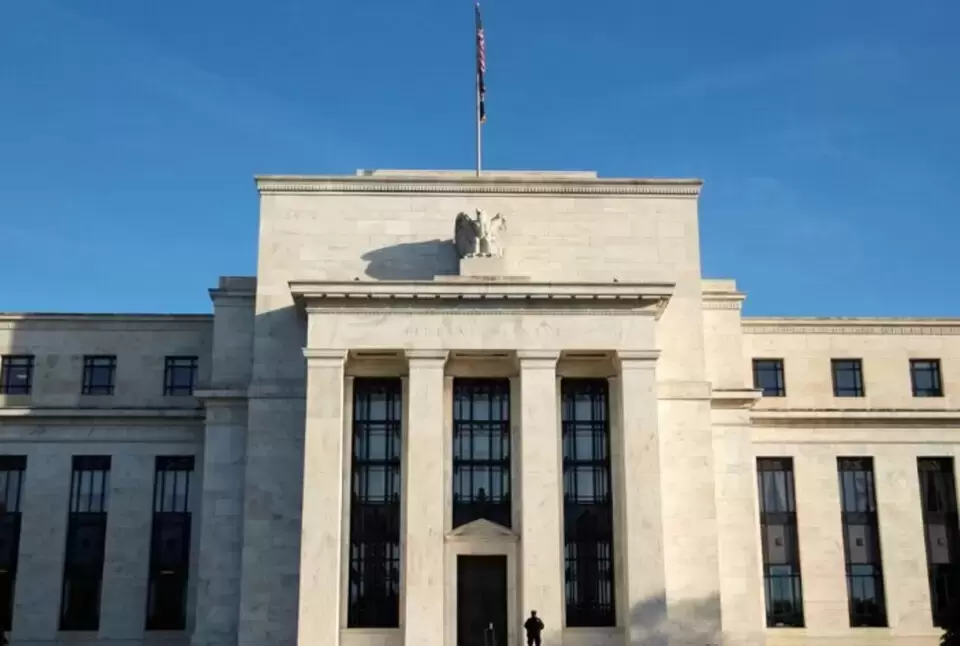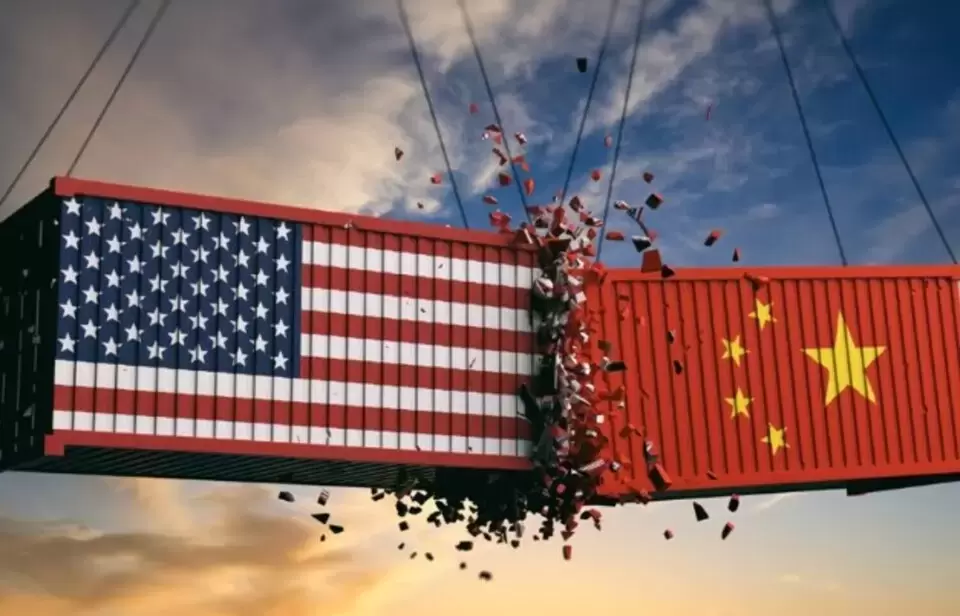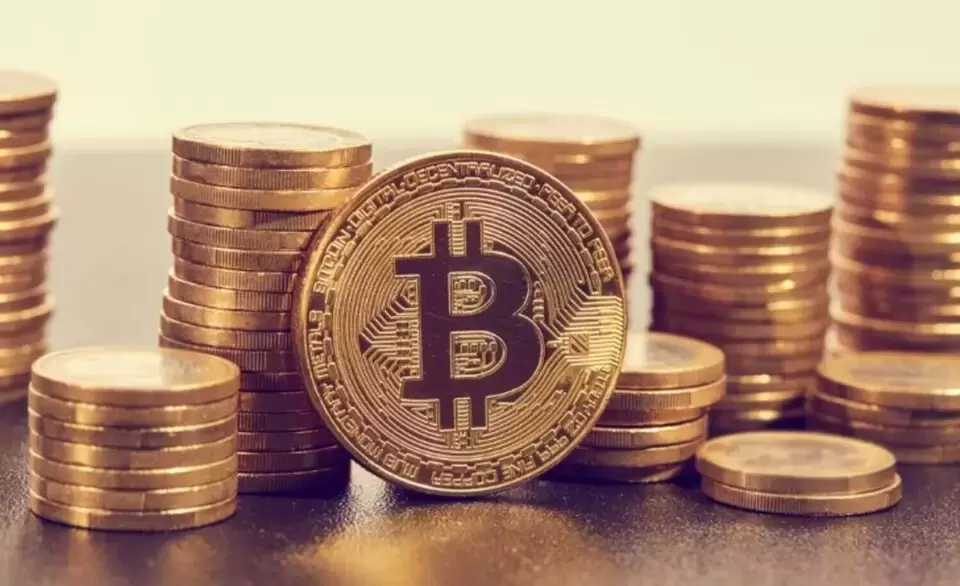
The Top 20 Economic-Financial Events That Have Shaped the 21st Century
Keypoints:
- The 21st century has been marked by a number of significant economic and financial events.
- These events have had a major impact on the global economy and have shaped the economic landscape of the 21st century.
- Some examples of these events include the dot-com bubble, the global financial crisis, and the rise of China.
The Top 20 Economic-Financial events of the 21st century has been marked by a number of significant economic and financial events that have had a major impact on the global economy. From the dot-com bubble and the global financial crisis to the rise of China and the ongoing trade tensions, these events have shaped the economic landscape of the 21st century in significant ways.
Here are the top 20 economic-financial events that have marked the 21st century so far:

The dot-com bubble and burst (2000-2001) - The dot-com bubble was a period of rapid growth and speculation in the technology sector, fueled by the explosion of the internet. Companies in the tech sector saw their stock prices skyrocket as investors poured money into the sector. However, the bubble eventually burst as many of these companies were unable to sustain their rapid growth and failed to generate profits. This led to a significant decline in the stock market and a recession.
The 9/11 attacks (2001) - The 9/11 attacks had a major impact on the global economy, as it disrupted trade and travel and led to increased military spending. The attacks caused widespread fear and uncertainty, leading to a decline in consumer spending and business activity.
The global financial crisis (2007-2009) - The global financial crisis, also known as the Great Recession, was caused by the collapse of the housing market and the subprime mortgage market. The crisis began in the US, but quickly spread to the rest of the world as financial institutions around the globe held risky mortgage-backed securities. The crisis led to a significant decline in the stock market and a global economic downturn, with many countries experiencing high levels of unemployment and a decline in GDP.

The European debt crisis (2009-2012) - The European debt crisis was a result of the global financial crisis and was characterized by high levels of government debt in several European countries, including Greece, Ireland, and Portugal. The crisis led to significant economic turmoil in Europe and had a ripple effect on the global economy.
The rise of China (2000s-present) - China's rapid economic growth has had a major impact on the global economy, as it has become a major player in international trade and a major source of manufactured goods. China's economic rise has been fueled by a combination of cheap labor, high levels of foreign investment, and a focus on export-led growth. As a result, China has become a major economic power, with a GDP that is now second only to that of the US.
The ongoing trade tensions (2018-present) - Trade tensions between the US and China have escalated in recent years, with both countries imposing tariffs on each other's goods. The trade tensions have been fueled by a number of factors, including allegations of unfair trade practices, intellectual property theft, and a growing economic rivalry between the two countries. The trade tensions have had a negative impact on international trade and the global economy, as they have disrupted supply chains and increased costs for businesses.

The Brexit vote (2016) - The UK's vote to leave the European Union, known as Brexit, has had a significant impact on the economy of the UK and the EU. The Brexit vote has caused uncertainty and disrupted trade and investment, as businesses and investors have struggled to adapt to the changes brought about by the UK's departure from the EU.
The oil price shock (2014-2015) - The oil price shock was caused by a significant drop in the price of oil, which had a major impact on oil-producing countries and the global economy. The oil price shock was caused by a combination of factors, including a surplus of oil on the market and a slowdown in global economic growth. The drop in oil prices had a negative impact on oil-producing countries, as it led to a decline in government revenues and a slowdown in economic activity. The oil price shock also had a ripple effect on the global economy, as it led to lower energy costs for businesses and consumers, but also contributed to a decline in global trade and economic growth.
The US-China trade war (2018-present) - The ongoing trade war between the US and China has had a negative impact on both countries' economies and has disrupted international trade. The trade war has been characterized by a series of tariffs and trade barriers imposed by both countries on each other's goods, as well as allegations of unfair trade practices and intellectual property theft. The trade war has disrupted supply chains, increased costs for businesses, and caused uncertainty in the global economy.
The coronavirus pandemic (2019-present) - The coronavirus pandemic has had a major impact on the global economy, as it has led to widespread business closures, job losses, and a decline in international trade. The pandemic has caused a global economic downturn, as businesses have struggled to adapt to lockdowns and social distancing measures, and consumers have reduced their spending due to economic uncertainty and fear.
The US-Iran tensions (2018-present) - The tensions between the US and Iran have had a negative impact on the global economy, as it has disrupted oil supplies and caused uncertainty in the Middle East. The tensions have been fueled by a number of factors, including differences over Iran's nuclear program, its support for terrorism, and its involvement in conflicts in the region. The tensions have led to increased military activity and economic sanctions, which have disrupted oil supplies and caused uncertainty in the region.
The rise of fintech (2010s-present) - The rise of fintech, or financial technology, has disrupted traditional financial services and has had a major impact on the financial industry. Fintech companies use technology to offer financial services, such as payments, lending, and wealth management, in a more efficient and accessible way. The rise of fintech has led to increased competition and innovation in the financial sector, but it has also raised concerns about the potential impact on traditional financial institutions and regulatory issues.

The rise of cryptocurrency (2010s-present) - Cryptocurrencies, such as Bitcoin, have gained significant mainstream attention and have had a major impact on the financial industry. Cryptocurrencies are digital assets that use cryptography for security and are decentralized, meaning they are not controlled by any government or financial institution. While the value of cryptocurrencies has been volatile, they have gained widespread adoption and have the potential to disrupt traditional financial systems.
The World Conflicts
The US-North Korea tensions (2017-present) - The tensions between the US and North Korea have had a negative impact on the global economy, as it has caused uncertainty and disrupted trade and investment. The tensions have been fueled by North Korea's nuclear program and its development of missiles that can reach the US. The tensions have led to increased military activity and economic sanctions, which have disrupted trade and caused uncertainty in the region.
The US-Russia tensions (2014-present) - The tensions between the US and Russia have had a negative impact on the global economy, as it has disrupted trade and caused uncertainty. The tensions have been fueled by a number of factors, including differences over Russia's annexation of Crimea, its involvement in the conflict in Syria, and allegations of interference in the US election. The tensions have led to economic sanctions and a decline in trade and investment between the two countries.
The US-India tensions (2019-present) - The tensions between the US and India have had a negative impact on the global economy, as it has disrupted trade and caused uncertainty. The tensions have been fueled by a number of factors, including differences over trade policy, intellectual property rights, and India's relations with Iran. The tensions have led to increased tariffs and trade barriers, which have disrupted trade and caused uncertainty in the region.
The US-Turkey tensions (2018-present) - The tensions between the US and Turkey have had a negative impact on the global economy, as it has disrupted trade and caused uncertainty. The tensions have been fueled by a number of factors, including differences over trade policy, human rights, and Turkey's relations with Russia. The tensions have led to increased tariffs and trade barriers, which have disrupted trade and caused uncertainty in the region.
The US-Venezuela tensions (2019-present) - The tensions between the US and Venezuela have had a negative impact on the global economy, as it has disrupted oil supplies and caused uncertainty in South America. The tensions have been fueled by a number of factors, including differences over trade policy, human rights, and Venezuela's relations with Russia. The tensions have led to economic sanctions and a decline in trade and investment between the two countries.
The US-China tech war (2018-present) - The ongoing tech war between the US and China has had a negative impact on both countries' economies and has disrupted international trade. The tech war has been characterized by a series of restrictions and bans on technology products and services from both countries, as well as allegations of intellectual property theft and forced technology transfer. The tech war has disrupted supply chains, increased costs for businesses, and caused uncertainty in the global economy.
The Top 20 Economic-Financial events of the 21st century has been marked by a number of significant economic and financial events that have had a major impact on the global economy.
These events have demonstrated the interconnectedness and interdependence of the global economy, as well as the impact of technological, political, and societal changes on economic activity.
As we look towards the future, it is important to continue monitoring and analyzing these economic and financial events in order to understand their implications and to make informed decisions about how to navigate the changing economic landscape.
It is important to get this information because understanding the key economic and financial events of the 21st century can help provide context and insight into the current state of the global economy. By understanding the factors that have shaped the economic landscape of the 21st century so far, we can better understand the trends and challenges that are likely to affect the global economy in the future.
You can use TickerTracker.io to see these kind of events and also track stocks and other investments and can even set up alerts to receive notifications when his portfolio is updated.
This information can be useful for a variety of stakeholders, including policymakers, business leaders, investors, and individual consumers. By staying informed about key economic and financial events, these stakeholders can make more informed decisions and better prepare for potential challenges and opportunities in the global economy.
Share Share Share
(0) Comments
More from @rodrigo for #TickerTracker
View MoreDiscover the Billion-Dollar Secrets: Inside David Rolfe's Q1 2023 Portfolio
almost 3 years ago
9 views
